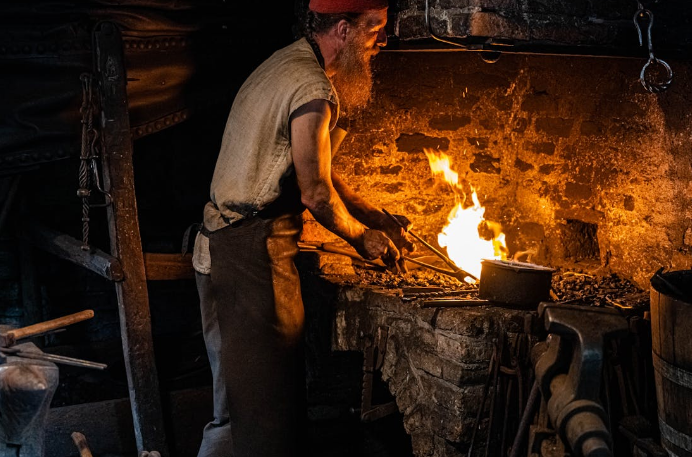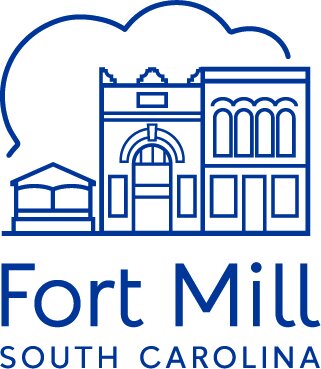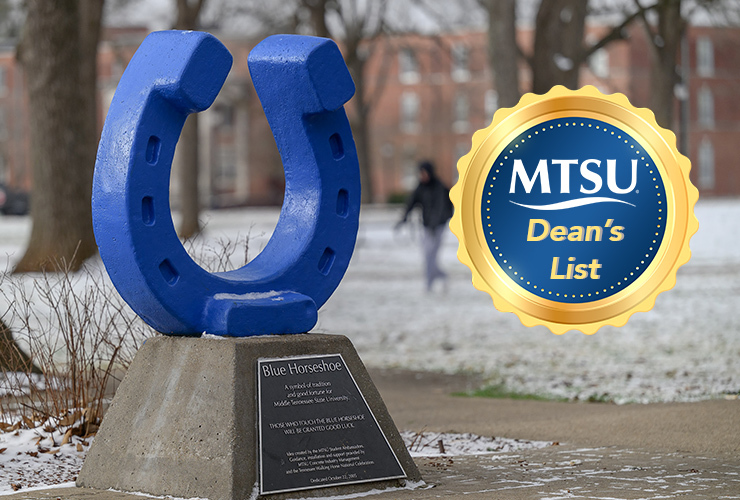As we approach the first Monday of September, many of us look forward to a long weekend of cookouts, last-minute trips, and the unofficial end of summer. But beyond the festivities, Labor Day holds a deeper significance rooted in the history of the American workforce.
Labor Day, which falls on September 1, is a national holiday dedicated to the achievements of American workers. It honors the contributions of labor movements that fought for better working conditions, fair wages, and reasonable hours. The holiday was born out of a time of immense industrial change and often-harsh working environments in the late 19th century.
The first Labor Day parade was held in New York City on September 5, 1882. Organized by the Central Labor Union, thousands of workers marched to celebrate the strength and solidarity of labor unions. Over the next decade, the idea spread across the country, with many states adopting the holiday. In 1894, President Grover Cleveland signed a law making it a federal holiday.
The establishment of Labor Day was a direct result of decades of activism and protest, including a push for the eight-hour workday and the end of child labor. It served as a recognition of the hard work and resilience of the American people who built the country’s economic strength.
So, as you enjoy your day off, take a moment to reflect on the purpose of Labor Day. It’s not just a bonus day off; it’s a tribute to the generations of workers who paved the way for the rights and protections we have today.
Sign up for our Sunday Spectator. Delivered to your inbox every Sunday, with all the news from the week.










